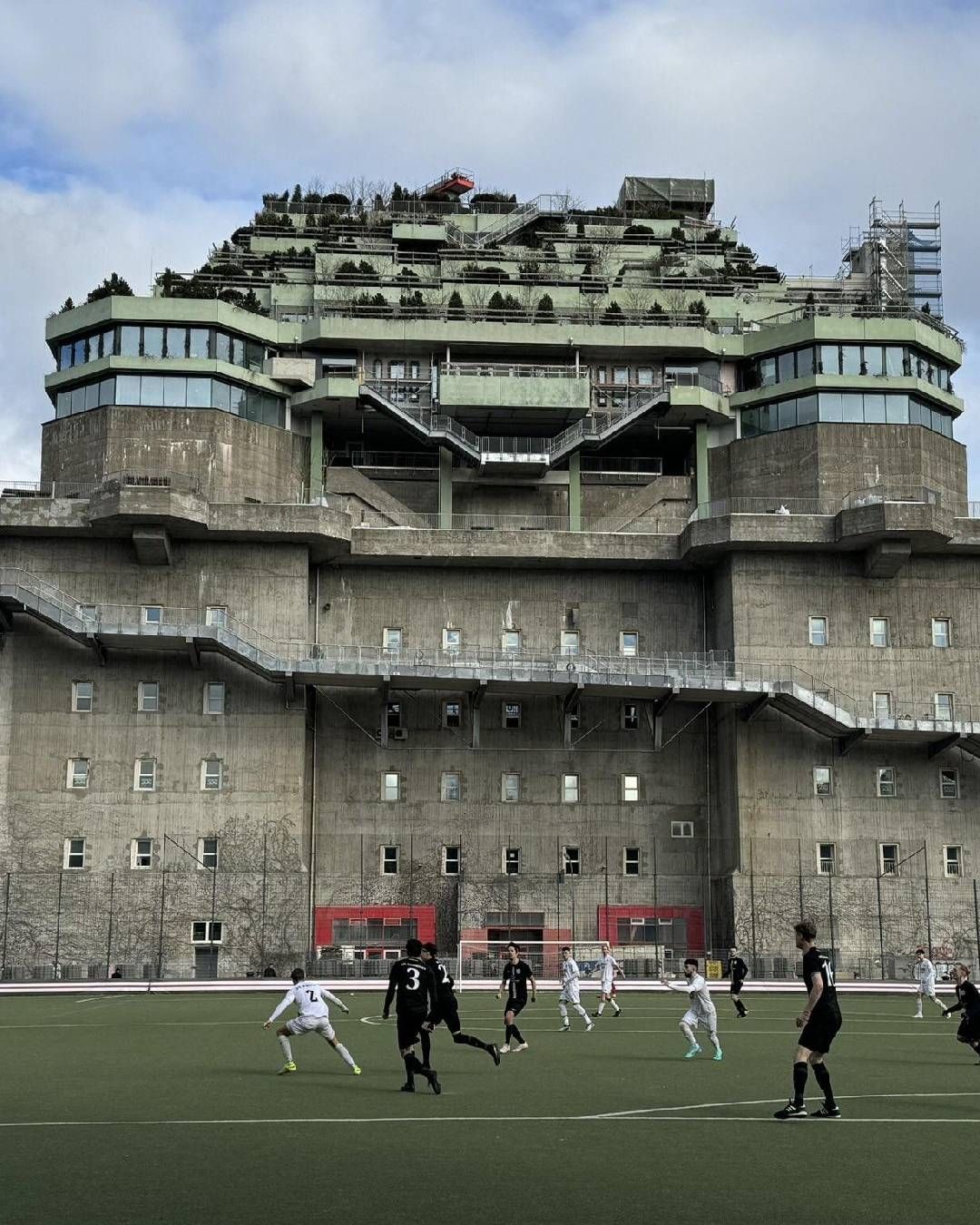
Many techno clubs in Berlin could be demolished to make space for a highway Both environmentalists and the dance community in the German capital are opposed
Recently, about seven thousand people gathered in Berlin in what has been dubbed a "protest-rave" – an initiative that blocked many roads in the German capital for nearly an entire day. The goal was to raise awareness in the local community about the risk of losing some of the city's most important techno clubs to make way for a highway. The project involves the extension of the A100: originally built in the 1960s in West Berlin, it is now one of the busiest highways in all of Germany. Therefore, the city administration wants to extend it by approximately 7 kilometers towards the eastern part of the city. The project dates back to 1999 and was finally approved in 2016, with the aim of commencing work in 2027. However, to make room for what, on paper, should be a six-lane highway, at least twenty of the city's most important techno music clubs, including Ost, Renate, Else, Oxi, and Void, would need to be demolished.
The issues with the new future highway
In addition to highlighting the enormous environmental damage that such a project entails, the protesters are also raising awareness about the risk of losing a significant portion of the venues that have made Berlin the European capital of techno. The spokesperson for the Club Commission Berlin, an organization working to preserve and develop Berlin's club scene, told The Guardian that the extension of the A100 would represent an «existential threat to the cultural life» of the city. Closing so many clubs in a short period of time, in addition to being a blow to the cultural dimension of the German capital, would compromise Berlin's musical attractiveness. Most techno clubs are located in the eastern part of the city, which was formerly East Berlin before the fall of the Wall. Many of these clubs are housed in buildings left vacant by the deindustrialization process that affected the German capital in the second half of the 20th century. Furthermore, little construction has taken place in these areas in recent decades because it was known that they could be earmarked for the A100 extension. According to a committee against the highway extension, called A100 Stoppen, the city administration should instead use those lands to build new housing – even in Berlin, like many other large European cities, there is a severe housing crisis, and gentrification is becoming a major issue.
Should Berlin go greener?
But besides the techno clubs, making way for the highway will also require the demolition of 300 gardens and some apartment buildings where about a hundred people live. For all these reasons, the protesters emphasize that the new highway segment project goes in the opposite direction of the environmental sustainability policies that many Western cities are pursuing. Increasingly, urban centers, both small and large, are trying to limit car usage to address the climate crisis – becoming, for example, "30 km/h cities," promoting public transport or green mobility, and favoring pedestrian areas. The high costs of the project, over one billion euros, have also faced significant criticism. The protesters demand that these funds be invested in improving public transport and developing more bike lanes instead. The city administration believes that the A100 extension is necessary to reduce traffic in the city center by diverting it to the outskirts. Many environmental groups, as well as Berlin's dance community, argue instead that the project will only increase pollution, along with the near-complete disappearance of the cultural scene associated with Berlin's most important techno clubs.
























































